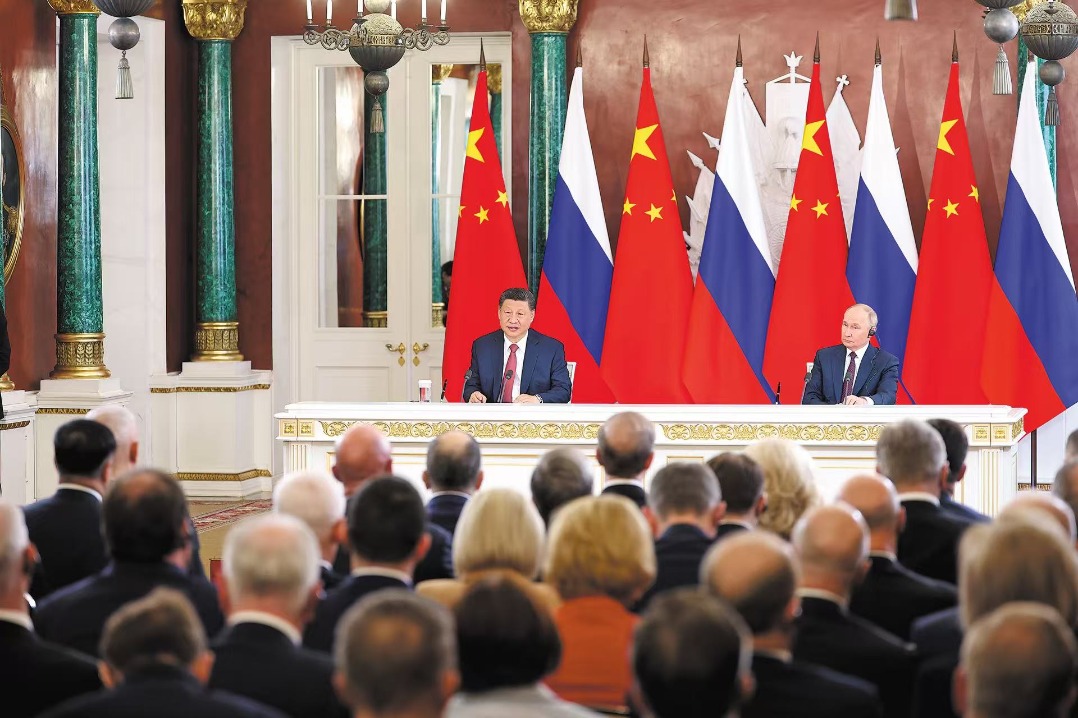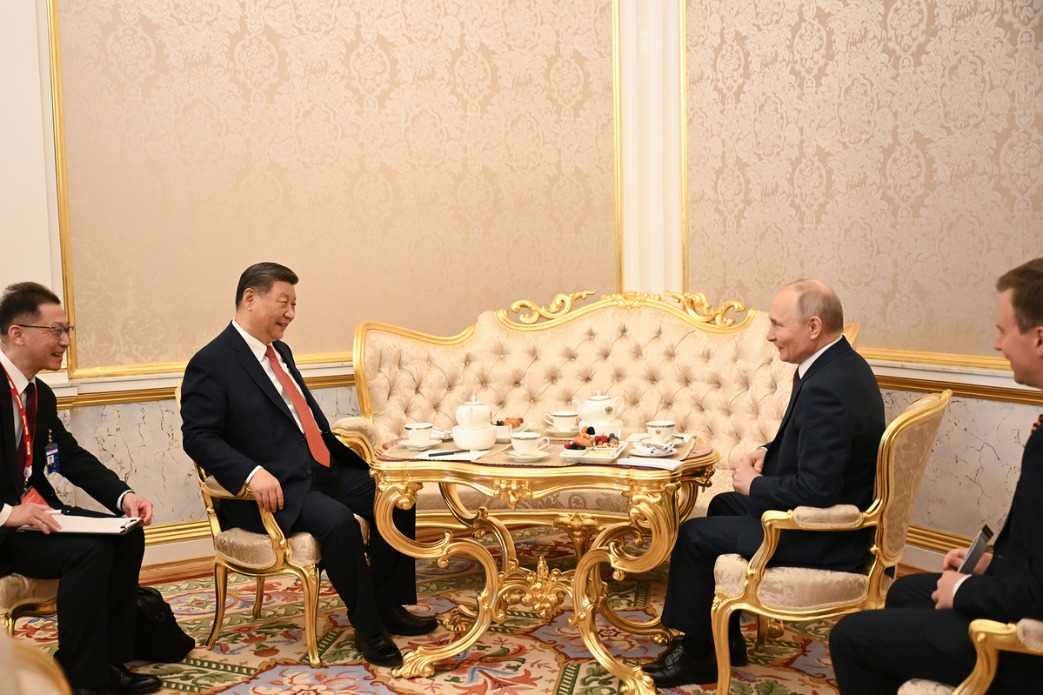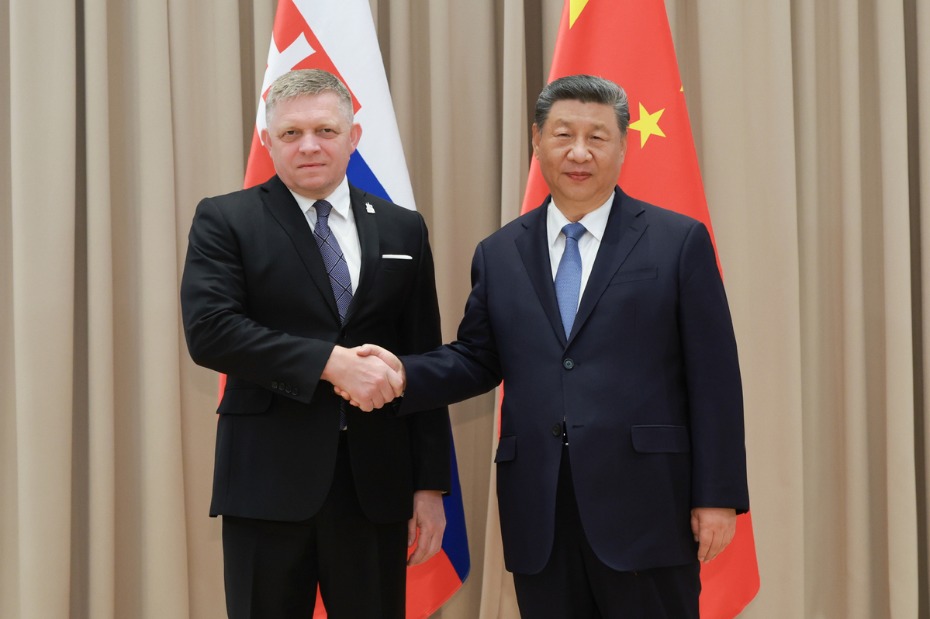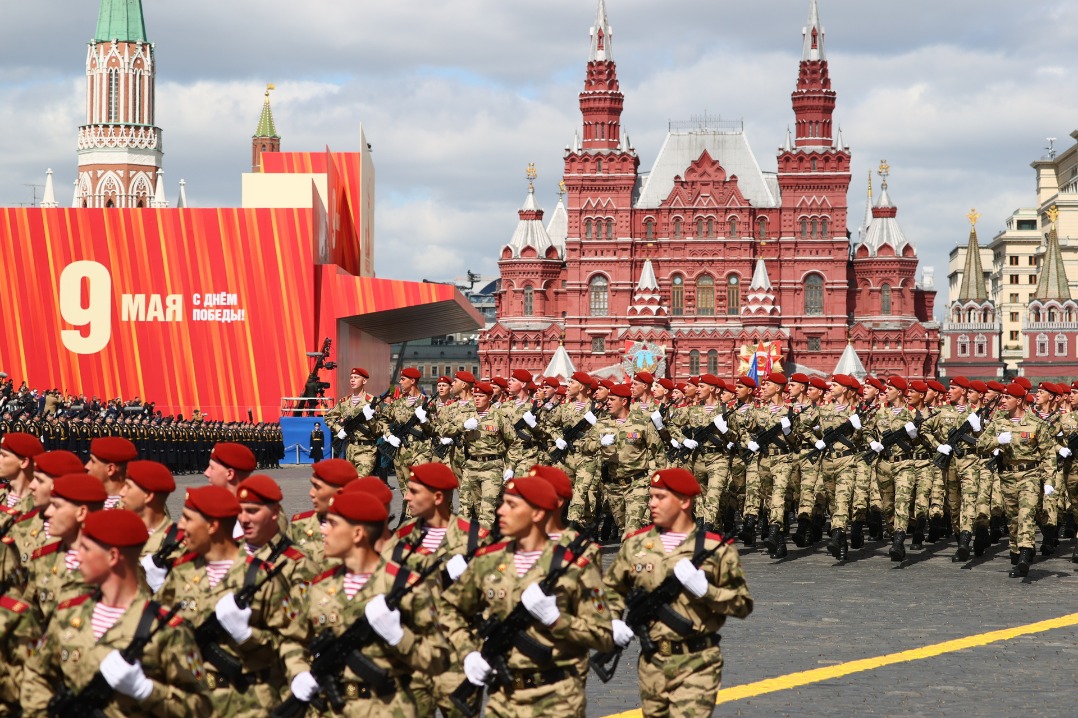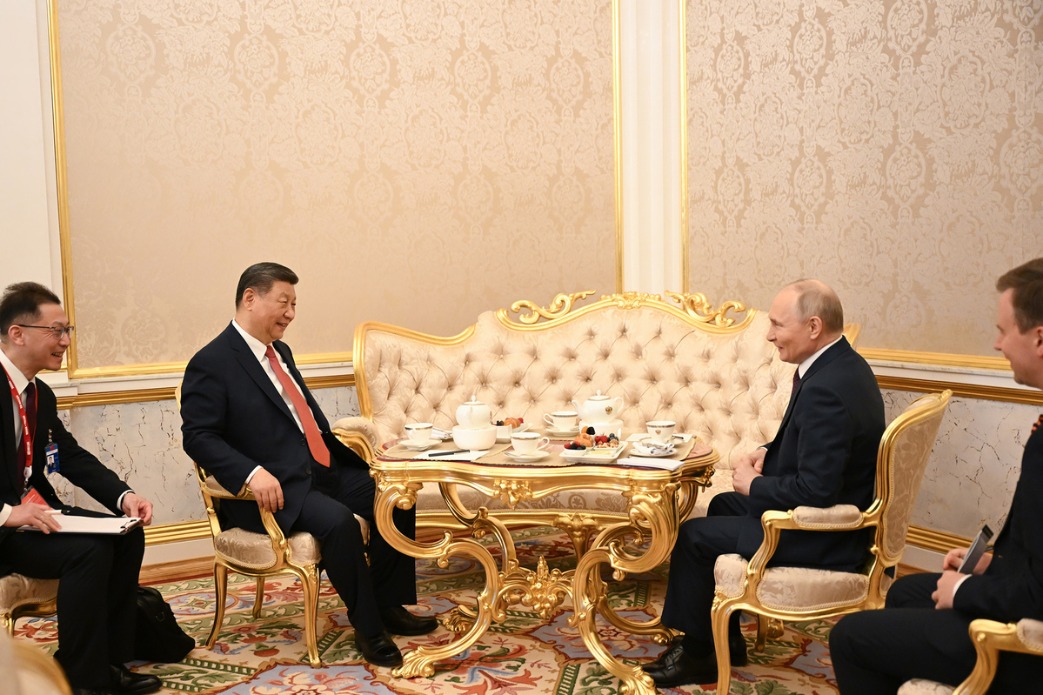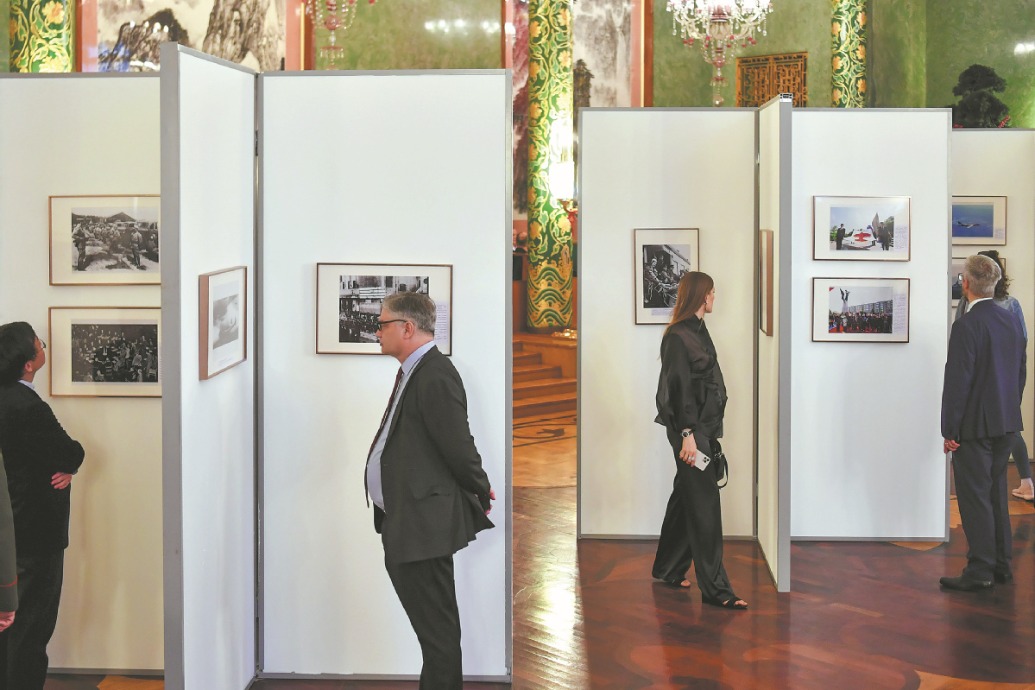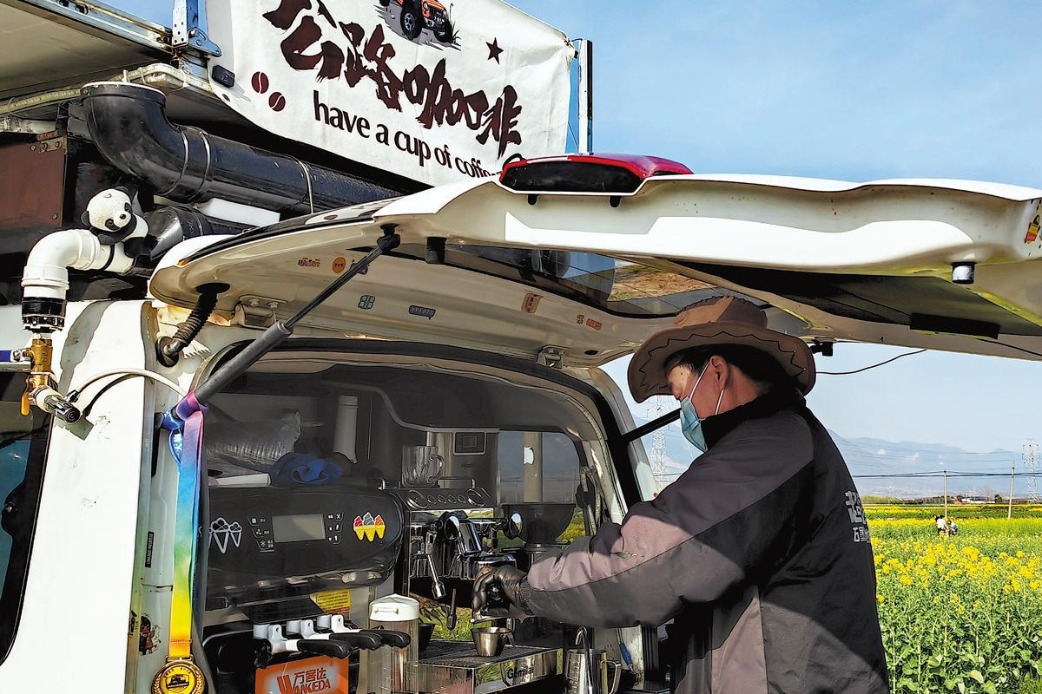Soccer fans oppose Seoul stadium's K-pop acts
Updated: 2024-10-08 09:25
Greener grass
The controversy started when South Korean team captain Son Heung-min — who led his players' 3-1 road win over Oman with a go-ahead goal in the second half — complained about the grass in the Seoul World Cup Stadium. He said the Sultan Qaboos Sports Complex's field being in good condition allowed him to play with more confidence, adding that he wishes such good management could be applied to South Korea's home fields as well.
After his team ended in a goalless draw against Palestine in Seoul, he claimed the grass had made it difficult to control the ball.
The allegedly questionable grass conditions at the Seoul World Cup Stadium have long been an issue. Former South Korean team player Ki Sung-yueng in 2017 jokingly said that he was not worried about a road match in China, because the grass there "could not possibly be worse than in Seoul".
In light of the concerns over grass, Seoul Facilities Corporation in October 2021 installed new turf comprised of 95 percent natural and 5 percent synthetic grass. Fewer events were held at the stadium since then compared to before, with the venue being concert-free for a full year since the new field was installed.
But between the ongoing remodeling of the Seoul Olympic Stadium in Jamsil, southern Seoul, and the Gocheok Sky Dome being occupied for the professional baseball league season, the Seoul World Cup Stadium has become virtually the only venue in Seoul to hold mega-sized concerts. The concerts of band Seventeen and singer Lim Young-woong were held in the stadium, each in April and May of this year, before the recent concert.
Operators of the Seoul World Cup Stadium told local media that warnings about the grass are notified to whoever rents the stadium, and those who rent it are mandated to restore any damages to the field. Grass access is also limited to the minimum number of personnel required to install the stage and conduct the events, they added.
The performers themselves also make efforts to minimize damage to the grass, such as Lim not installing seats on the field. IU's agency also vowed to follow the policies by protecting the grass, disassembling the stage as soon as the concert ends while keeping the grass hydrated and well-ventilated during the event.
THE KOREA HERALD, SOUTH KOREA





